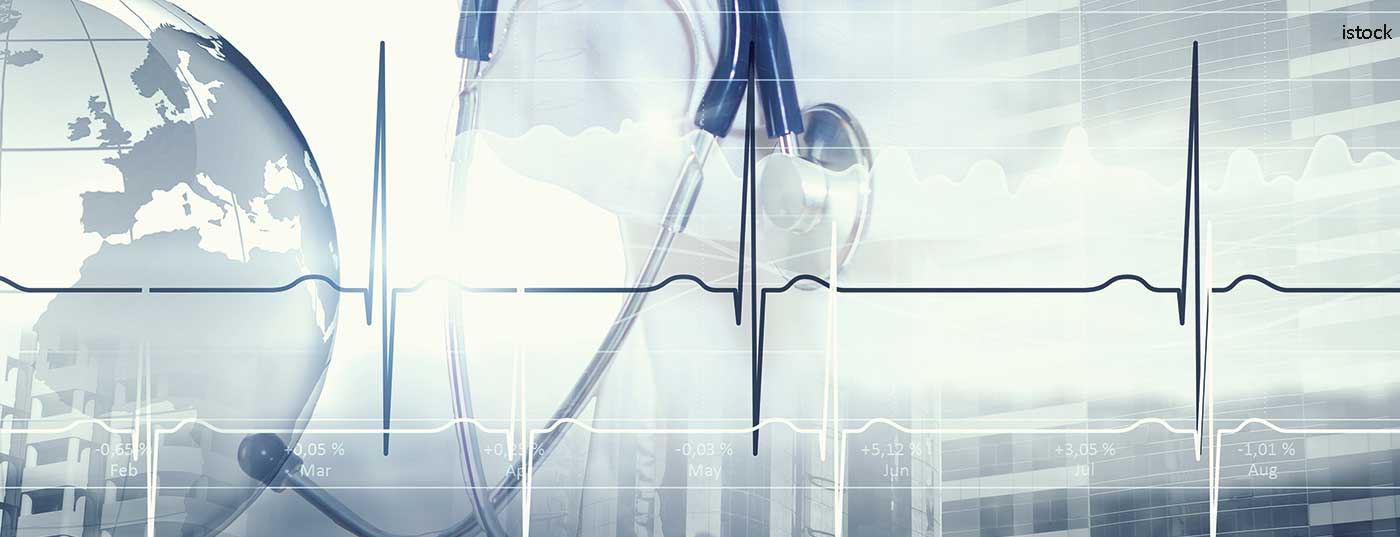Big data, artificial intelligence, Medicine 4.0 – digitization is not stopping at medicine. Digital medical technology will determine more and more medical activities and thus also change the role of physicians and their treatments. Can artificial intelligence also support prognosis for hypertensive patients?
Digitalization and networking in the healthcare sector are being driven forward more and more and are finding their way into many hospitals. Big Data and artificial intelligence also mean opportunities to increase process efficiency, treatment quality and thus patient satisfaction, and a reduction in the amount of documentation required. Decisions and planning can be optimized with the help of machines and specifically adapted to the individual needs of the patient. One application is in monitoring high blood pressure, which generates a lot of different data.
A study now aimed to describe a therapeutic change score (TCS) in treated and long-term observed hypertension and to develop a model to predict the TCS. For this purpose, 1293 patients were followed up for a mean of 5.1 years. The demographic data, medical history, clinical parameters with blood pressure measured in a standardized way with an electronic device by automatic measurement were collected. In addition, current therapy management was recorded at each consultation. TCS was calculated at each visit as 0 for therapeutic stability and 1 for change in at least one antihypertensive treatment or its dosage. The data were anonymized and organized to enable training and implementation of artificial intelligence to predict the TCS models.
Optimized aftercare with the help of artificial intelligence
Kaplan-Meyer analysis showed positive TCS in 70% of subjects in the first year and in 98% over the entire duration of follow-up. The predictive model for the TCS contains 160 variables. This model allows prediction of a change in antihypertensive prescription at the next visit with a true positive value of 95% and a negative predictive value of 77%. With the help of artificial intelligence, it is therefore possible to optimize the follow-up of hypertension.
Source: 29th European meeting of hypertension and cardiovascular protection (ESH) (published 10/10/19, ahead of print).
Further reading:
- Bossiere F, et al: Prediction oft he therapeutic change score in hypertensive subjects by Big Data analysis and artificial intelligence. Journal of Hypertension 2019; 37:e1
CARDIOVASC 2019; 18(5): 32











